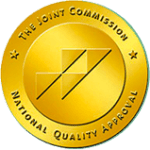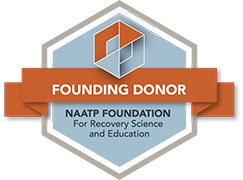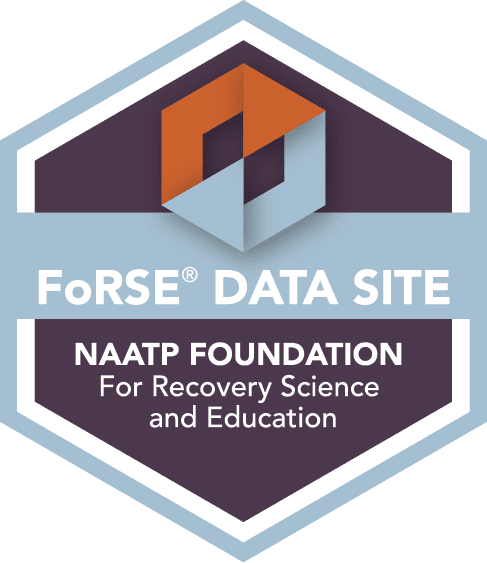What To Do When Your Friends Still Drink
It’s no secret that most alcoholics and addicts burn a lot of bridges in their journey towards their bottom. Believe it or not, a lot of us do emerge from the wreckage with a few friends and family members still by our side. The question then becomes, what do you do when those friends ask if you mind if they have a drink when you are with them, or what do you do when you’re at a family function and alcohol is being served?
I remember the first time I got together for lunch with a few of my close friends, and one of them jokingly said “I guess we have a permanent designated driver from now on.” At first I chuckled along and thought to myself, “well at least they still want me around.” It wasn’t until later that the comment started to eat at me and began growing in to a resentment. Why did I have to be an alcoholic? How come they were able to go out and drink and have fun when I couldn’t dare take a sip without it turning in to an absolute disaster? After further self-discovery, the fear behind all of my resentments towards my “normal” friends was, now that I was no longer drinking or using, “would they stop wanting to be my friends?” The truth is that my real friends knew I had a problem and were there to support me every step of the way. The others (my “drinking buddies”) aren’t really in the picture anymore.
Work “friends”
We all have the friends from work we’ve grabbed a drink or ten with on Friday night after an especially grueling work week. This is where you get to choose. It could be that those “friendships” don’t go any further than the workplace, anymore. Now, after an exceptionally long week you can choose to do something healthy for yourself. Decompress with a meeting. Hit the gym to work out some of your frustrations. Call your sponsor. A big part of sobriety is changing your habits. When you get invited out on Friday night, you can tell them you have plans and politely decline. Depending on your comfort level, you may want to tell them you are no longer drinking, or you can use any number of excuses from a new diet to other obligations. No matter what, don’t feel guilty for taking care of yourself and your sobriety.
Setting Boundaries
It is perfectly acceptable to tell your friends and your loved ones that if they would like to spend time with you, they need to respect your sobriety. Now, this isn’t to say that every function needs to be dry because you are sober. That wouldn’t be fair to everyone else who can have one or two drinks and then stop. What you can do is plan special outings and activities that don’t include alcohol. My family and friends do a make-your-own pizza night with games and at that specific event no alcohol is allowed. We all still have tons of fun and nobody wakes up with a hangover! It is okay to speak up for yourself and to make it clear that you are uncomfortable being around alcohol, especially in the first year or two of sobriety! If they are really your friends, they’ll be happy that you are finally taking care of yourself and they wouldn’t do anything to jeopardize your sobriety.
Family Functions
The majority of my family still drinks. Christmas parties are still the same, and family reunions are always a good excuse to get nice and loaded. When I do decide to attend, I make sure I have a plan. I speak to my sponsor before, during and after, and I always make sure I have a way out. When I can, I often bring a sober companion. If that isn’t possible, I try to come early and leave early. No one in my family expects me to be one of the last ones at the party and I have no business hanging around when everyone is on their fourth or fifth drink. I make sure that I drive myself and I park where I’ll be able to leave whenever I feel like it. This way I am still able to make an appearance, and when I start to get at all squirrely I can remove myself from the situation.
Alcoholic Friends
Sometimes, when we start to get better the people around us begin to get better, as well. I had a history of finding people who were even sicker than me to associate with. A few of them are still out and running, while others used my recovery as a reason to take a good look at their own behaviors. The friends who still drink heavily, I’ve had to distance myself from, but a few of my very close friends saw my transformation and decided to get help for themselves, as well. At High Watch we have seen plenty of family members come through treatment one after the other until the entire family network is sober together and supporting each other. Don’t take it upon yourself to try and “save” each person that you believe has a problem, but if they do come to you for help you can always have them give us a call. It is important that while in early sobriety you take care of yourself first and let High Watch help where we can.
Truth is, we can’t expect the world to change because we finally got sober. My family and friends don’t drink like I did, and it would be unfair to ask them to change. The only person that I can change is myself. I make smarter decisions now and I protect my sobriety with everything I’ve got. Most of my friends nowadays are in the program, and my family respects the boundaries I have set and they don’t push me to come to any events that I might be uncomfortable at. Remember that the reason you are doing all of this is to help yourself, and to build a better life for yourself. Don’t ever feel ashamed of the fact that you are not drinking. Every single day that you stay sober is a gift, and one you should be incredibly proud of!
Meet the Author:
Jenn Worthington, Alumni Relations Coordinator









